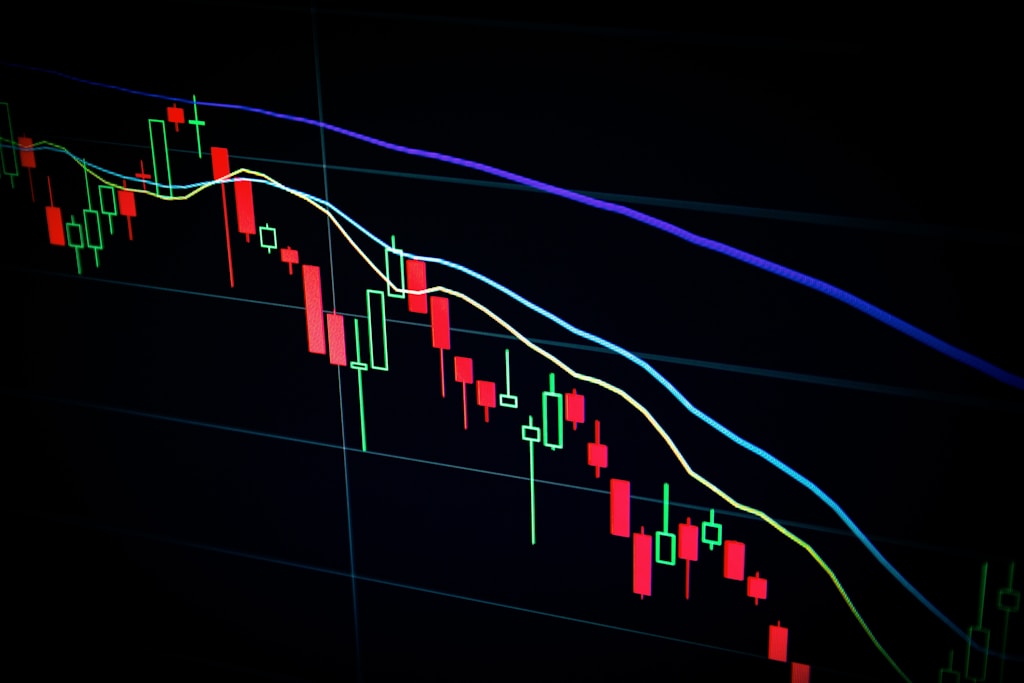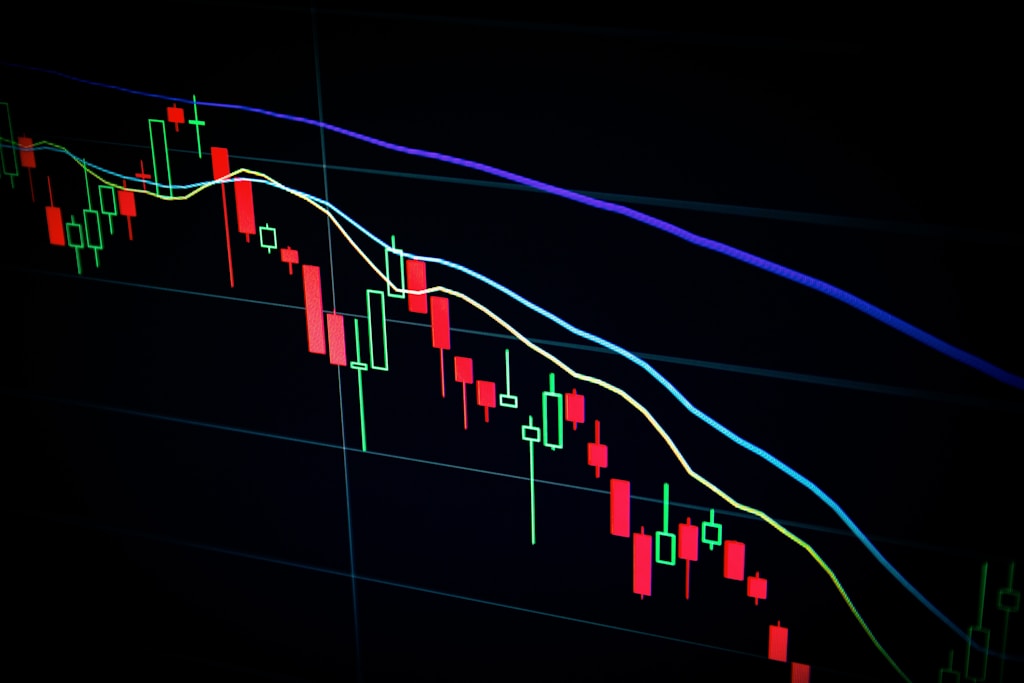Ethereum (ETH) is displaying a rare confluence of bullish technical signals not seen since the 2020 bull market, as the second-largest cryptocurrency trades near $2,600 amid growing institutional interest.
Technical analyst Kevin (@Kev_Capital_TA) has identified a series of historical indicators suggesting Ethereum could be on the verge of a major breakout. This analysis comes as exchange supply data shows ETH holdings reaching 7-year lows, potentially setting up for a supply squeeze.
Multiple Technical Indicators Flash Green
The monthly ETH/USD chart reveals a compelling setup featuring:
- A “massive demand candle” in April after touching $1,400
- 41% price surge in May breaking above the long-term super-trend
- Monthly stochastic RSI preparing for a “V-shaped cross” out of oversold territory
- MACD histogram showing 4-year compression pattern
This technical confluence aligns with recent institutional developments, as multiple analysts project a potential rally to $8,000 based on improving fundamentals.
Whale Accumulation Signals
On-chain metrics reveal significant whale activity:
- Money flow readings at historical lows but showing reversal
- First green print on ETH dominance in over a year
- Market Cipher buy signal triggered
- VWAP crossing above zero line
ETH/BTC Ratio Shows Promise
The ETH/BTC pair is displaying several positive signals:
- Testing 0.5 Fibonacci retracement level
- Monthly stochastic RSI preparing to cross up after 1,066 days below 20
- Demand candles forming similar to 2019-2020 accumulation phase
Key Resistance Levels
While the outlook appears bullish, ETH faces notable resistance at:
- $2,800-3,000 zone (immediate resistance)
- Previous rally peaks need to be overcome
- Monthly timeframe suggests gradual progression rather than immediate breakout
At press time, ETH trades at $2,607, maintaining its six-week uptrend despite minor pullbacks.






